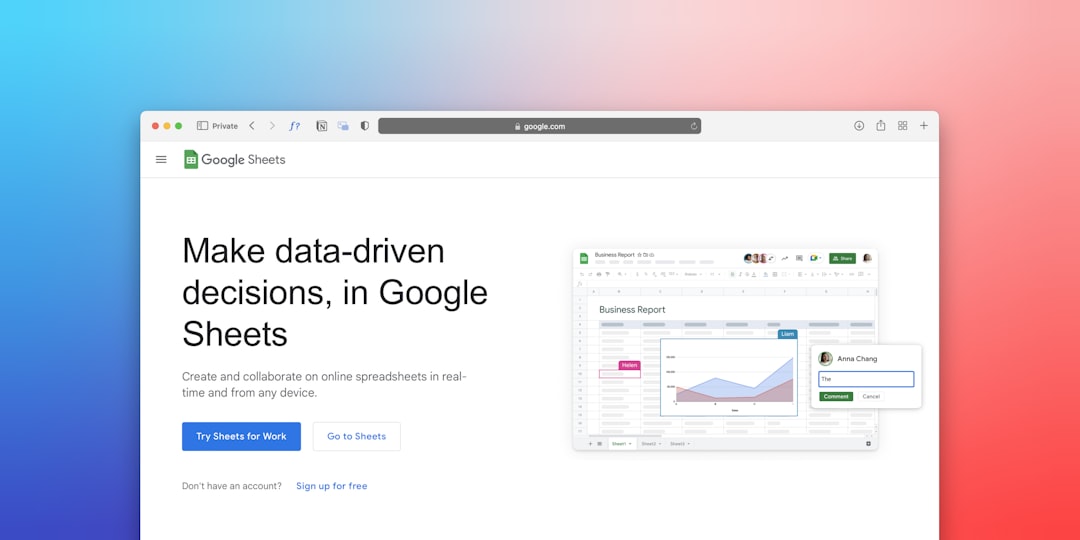In today’s digital landscape, maintaining online privacy and ensuring secure access to global content are more important than ever. Traditional VPNs have long been the go-to solution for anonymous browsing and data protection. However, a newer and more dynamic technology has emerged—Smartproxy VPN. This innovative service combines features of traditional VPNs with modern proxy capabilities, offering users enhanced privacy, control, and performance.
What Is Smartproxy VPN?
Smartproxy VPN is a hybrid platform that merges the encryption and privacy features of traditional virtual private networks with the versatility of proxy servers. Unlike typical VPNs, which route all internet traffic through a single encrypted tunnel, Smartproxy allows for more refined control over traffic by offering options such as rotating IP addresses, residential IPs, and location-switching at scale.
The company behind Smartproxy has primarily built its reputation on providing proxy solutions for businesses, researchers, and individuals requiring large-scale data gathering or location-specific access. With the extension into VPN services, they now make this infrastructure available to everyday users looking for a more advanced, adaptable browsing tool.

How Does Smartproxy VPN Differ from Traditional VPNs?
While both Smartproxy VPN and traditional VPN services aim to safeguard user privacy, they vary significantly in how they function and what they prioritize. Below are some key differences:
- IP Rotation: Traditional VPNs typically assign a static IP or allow you to switch manually, whereas Smartproxy VPN offers automatic IP rotation, making it harder for websites to track your behavior.
- Residential vs. Data Center IPs: Traditional VPNs often use data center IPs that are easily flagged or blacklisted. Smartproxy, on the other hand, provides access to a vast pool of residential IP addresses, making your traffic appear more like that of regular home users.
- Speed and Reliability: Because Smartproxy VPN utilizes rotating IPs and load-balanced architecture, users may experience more consistent speeds, especially when accessing geo-restricted content.
- Customization: Smartproxy VPN grants more granular control over IP management, targeting, and session persistence—features rarely seen in consumer-grade VPNs.
Use Cases of Smartproxy VPN
While traditional VPNs are mainly used for personal privacy, streaming, and P2P file-sharing, Smartproxy VPN caters to a broader set of use cases:
- Web Scraping and Market Research: Users can collect data anonymously using rotating residential IPs without being blocked.
- E-commerce Monitoring: Businesses can track prices, check stock levels, and test geo-specific shopping experiences securely.
- Ad Verification: Companies can ensure accurate ad placement and avoid fraudulent impressions.
- Personal Browsing: For individuals concerned with maximum anonymity and bypassing censorship, Smartproxy VPN provides an effective solution.

Security and Privacy Aspects
Security is at the core of any VPN solution, and Smartproxy VPN does not fall short. It uses industrial-grade encryption standards to ensure that your data is safe from prying eyes. Furthermore, because it provides access to residential IPs, users often benefit from higher levels of anonymity that are difficult to achieve with standard VPNs using data center infrastructure.
In terms of privacy, Smartproxy has adopted a no-log policy, ensuring that your browsing activity isn’t stored or recorded. The decentralized nature of their network also adds an extra layer of abstraction, making it difficult to trace traffic back to individuals.
Pros and Cons of Smartproxy VPN
Like any solution, Smartproxy VPN comes with its own strengths and limitations:
- Pros:
- Access to hundreds of thousands of residential IPs
- High level of anonymity due to IP rotation
- Effective bypassing of regional restrictions and anti-bot measures
- Scalability for both personal and professional use
- Cons:
- May be more complex to set up for non-tech-savvy users
- Costs could be higher compared to basic VPN services
Conclusion
As online threats continue to evolve, so too must our defenses. Smartproxy VPN offers a compelling alternative to traditional VPN services by combining robust encryption, smart IP management, and unparalleled geographical reach. Whether you are a business looking to conduct market analysis or an individual seeking superior privacy and content access, Smartproxy VPN represents a next-generation solution that goes beyond routine data protection.

